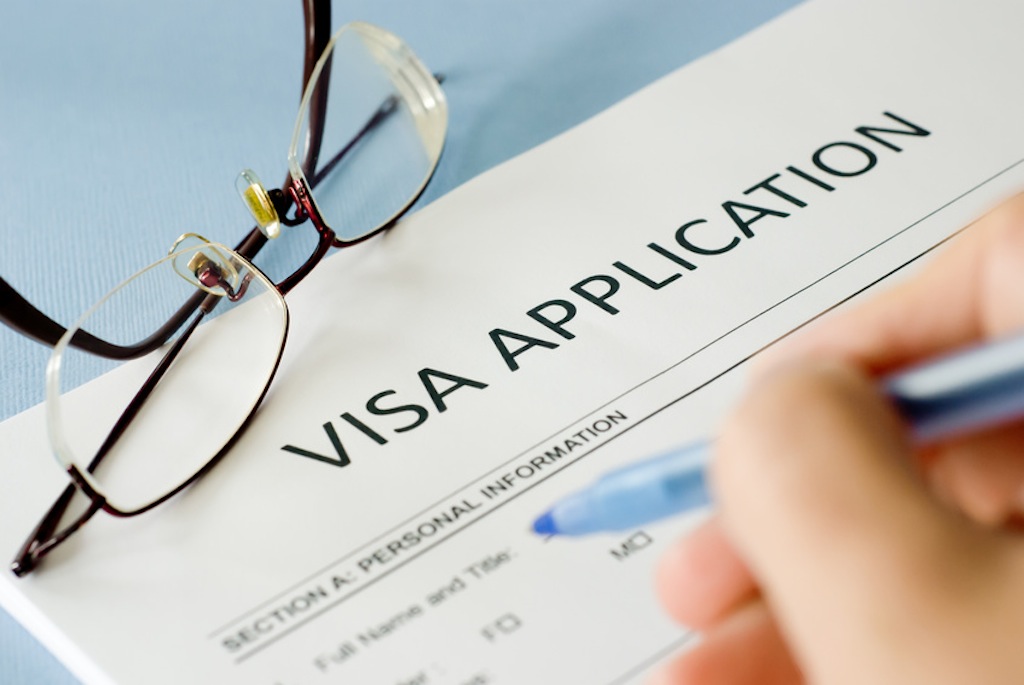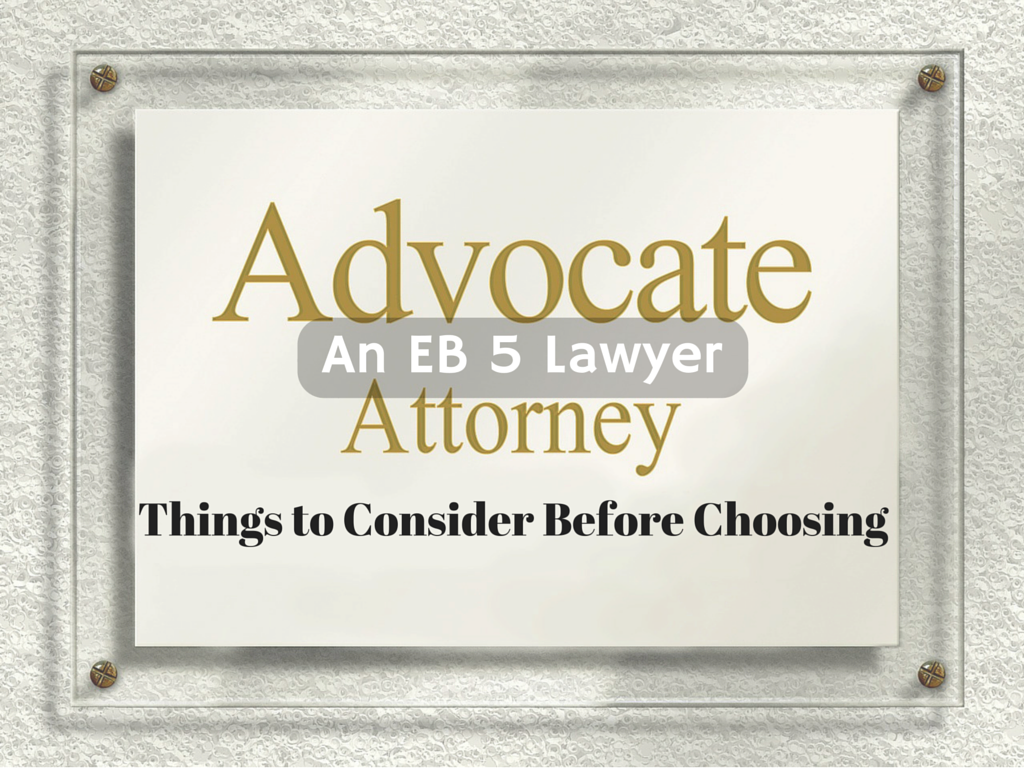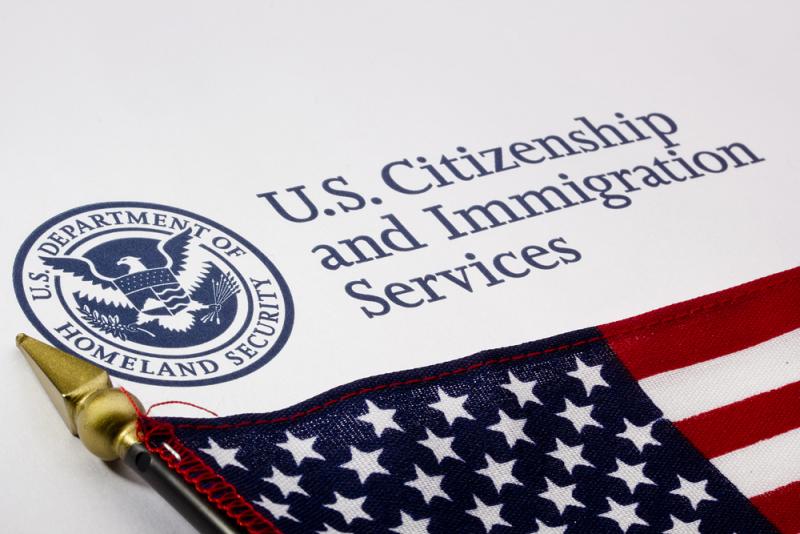The E-2 visa is one possible visa option for individuals (the “Investor”) who are ready to start their own business in the United States (“U.S.”). The initial investment contribution, visa length, and visa availability are dependent on a number of factors, including but not limited to country of citizenship and the type of business the Investor is interested in starting in the U.S. Most notably – to qualify, the Investor must have citizenship in a treaty country.
The most common reasons E-2 Visa’s application are rejected are:
-
The investment is not substantial
-
The documentation does not establish nationality interest.
What is Required to Obtain an E-2 Visa?
To be eligible for an E-2 visa, an Investor must meet the following qualifications:
-
Be an E-2 treaty country national
-
Develop a Bona Fide Enterprise
-
Make a Substantial Investment
Common Grounds where E-2 Visa Application Meets with Rejection
One of the most common reasons an E-2 Visa application is rejected is a lack of “substantial investment.” Investors are required to make a “substantial investment” for obtaining E-2 visa, but USCIS does not define what a “substantial investment” truly is. Generally, to determine if an investment is substantial an Investor should contact a trained E-2 Visa attorney.
Most immigrant investors find trouble in establishing the fact that their enterprise is bona fide enterprise.
According to USCIS, “A bona fide enterprise refers to a real, active and operating commercial or entrepreneurial undertaking which produces services or goods for profit. It must meet applicable legal requirements for doing business within its jurisdiction.” This essentially means the enterprise must be a legal company, with a lawfully permitted purpose, operating to provide goods or services for a profit. Most importantly, the company must meet both U.S. state jurisdictional requirements as well as the requirements of the investor’s home-country.
Steps to Set Up a Business All Set to Get E-2 Visa
To assist in the E-2 Visa process an Investor should be aware of, or actively in the process of gathering, the following:
Obtain a Tax ID Number
Businesses in the United States must pay Federal taxes. As the business owner, depending on your business formation, the Investor may have multiple tax liabilities.
The Investor must register his business with the U.S. Internal Revenue Service (“IRS”) to receive its tax number. The tax ID number, also referred to as the Employer ID Number works as a unique identifier helping to identify the Investor’s business. Remember that the Employer ID Number or the EIN will be required every time the business is changing hands or the business structure.
Determine the Appropriate Business Structure
There are a number of business types in the United States. These vary the type of liability an Investor has as well as the Investor’s tax burden.
In order to choose the best business entity for your needs, the Investor should seek the guidance and assistance of an experienced, trained E-2 Visa attorney in the U.S.
Determine How the Business will be Funded
A detailed source of funds explanation is also vital in preparing an E-2 Visa application.
An experienced, trained E-2 Visa attorney in the U.S will be able to assist you through each of these steps and guiding you towards assembling a compliant E-2 Visa application.
If you are interested in an E-2 Visa, please contact our office for a consultation.
Julie Ferguson is one of the best EB-5 attorneys dedicated to helping the regional centers and developers finance job and the investors acquire green cards through immigrant investor visa program.



















































































































































































